In the draft amendment to Decree 126 detailing a number of articles of the Law on Tax Administration, the Ministry of Finance proposed that personal income tax (PIT) must be deducted, declared and paid immediately at the time investors receive dividends or bonuses in shares, instead of waiting until they sell shares as is currently the case. The organization issuing shares will be responsible for deducting and paying tax on behalf of individuals.
Speaking to a reporter from the Lao Dong Newspaper, an inspector from the Ho Chi Minh City Tax Department said that according to the Personal Income Tax Law, investors receiving cash dividends must pay personal income tax at a rate of 5%. Enterprises paying dividends will deduct tax at the time of payment and pay it to the state budget on behalf of investors. However, if investors receive dividends or bonuses in shares, they do not have to pay tax immediately but only pay tax when selling shares, including: a tax rate of 5% calculated on the par value of shares and 0.1% on the transfer value.
In reality, many large investors often do not sell shares received from dividends or bonuses or hold them for a long time, causing the budget to not collect personal income tax at the time of income generation. This leads to a temporary loss of revenue.
To overcome this problem, the Ministry of Finance proposed to collect personal income tax immediately when investors receive dividends or bonuses in the form of shares, instead of waiting until they sell. The remaining issue is to determine the value of shares at the time investors receive shares to calculate tax. This solution aims to help the state budget collect taxes in a timely manner, ensuring revenue regulation.
According to the draft, after the enterprise pays dividends in shares, securities companies will separate these shares to collect personal income tax for the state. When investors sell shares, securities companies will not collect an additional 0.1% tax on the transfer value to avoid double taxation. However, the Ho Chi Minh City Tax Inspectorate said that collecting taxes immediately when investors receive dividends in shares may be difficult. Many investors may not have cash available to pay taxes at that time. If they continue to wait until the shares are sold to collect taxes, the stock price may have fluctuated compared to the time of receipt, making it difficult to accurately determine the amount of tax payable.
The head of brokerage at VPS Securities Company commented that although the regulation is still in draft form, it has revealed its unreasonableness, causing many investors to react. He said that when receiving dividends in shares, investors have not really gained any benefits but have to pay taxes, while the price of shares on the market can completely decrease, leading to losses if sold.
Sharing the same view, Mr. Phu Hoai, an investor in An Lac Ward (HCMC), said that receiving dividends in stocks is not always beneficial, because the stock price can decrease immediately after the dividend is paid, causing the asset value to decrease. Meanwhile, investors currently have to pay taxes and fees when receiving cash or selling stocks.
From an expert perspective, Dr. Le Dat Chi, Head of the Faculty of Finance and Banking, Ho Chi Minh City University of Economics , argued that when receiving dividends in shares, investors do not receive any additional money, so why should they pay taxes immediately? According to him, paying dividends in shares is just dividing shares, and the stock price on the market will be adjusted down accordingly right after the closing date. Therefore, it is reasonable to collect taxes at the time of selling shares.
Dr. Nguyen Anh Vu, Head of the Banking Faculty, Banking University of Ho Chi Minh City, added that the Securities Law has removed the concept of "bonus shares", instead calling it "issuance of shares to increase share capital from equity capital" to reflect the true nature. According to him, this issuance does not change the company's profits, assets or equity, only the total number of shares increases, causing the stock price to adjust down. Paying dividends in shares is similar, the total value of the investor's ownership does not change. Therefore, it is unreasonable to issue these shares but still have to pay tax, it is necessary to consider removing this provision from the draft.
Source: https://nld.com.vn/thue-co-tuc-bang-co-phieu-thu-ngay-hay-cho-ban-196250701205503073.htm


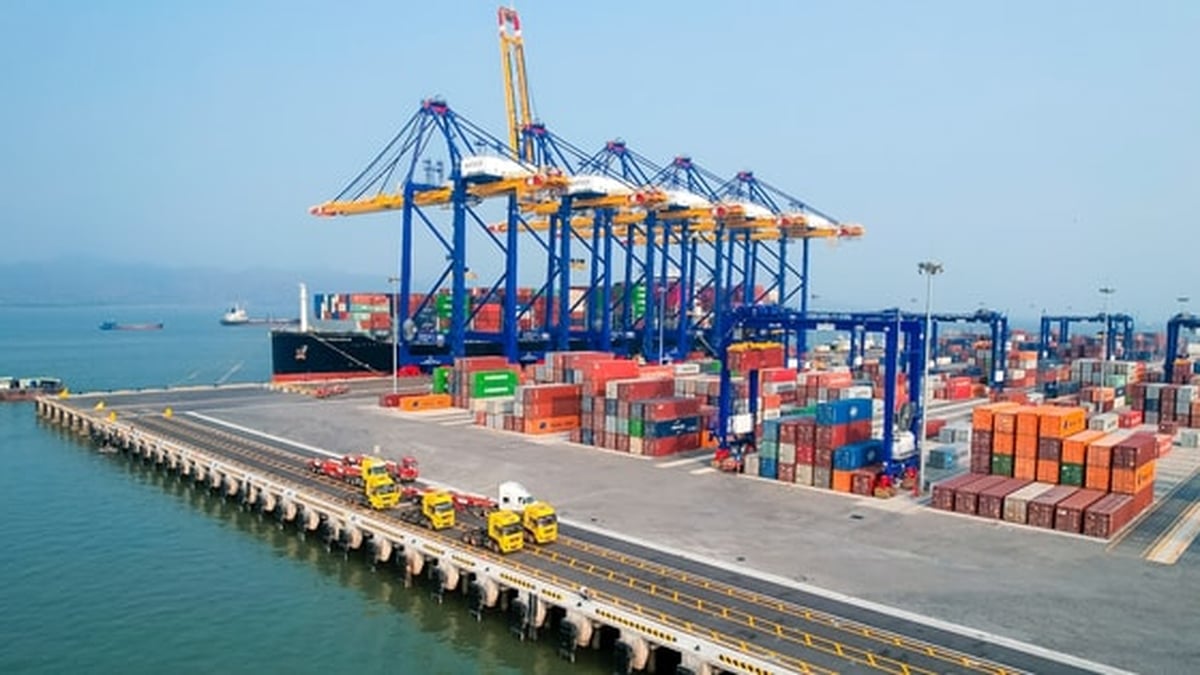


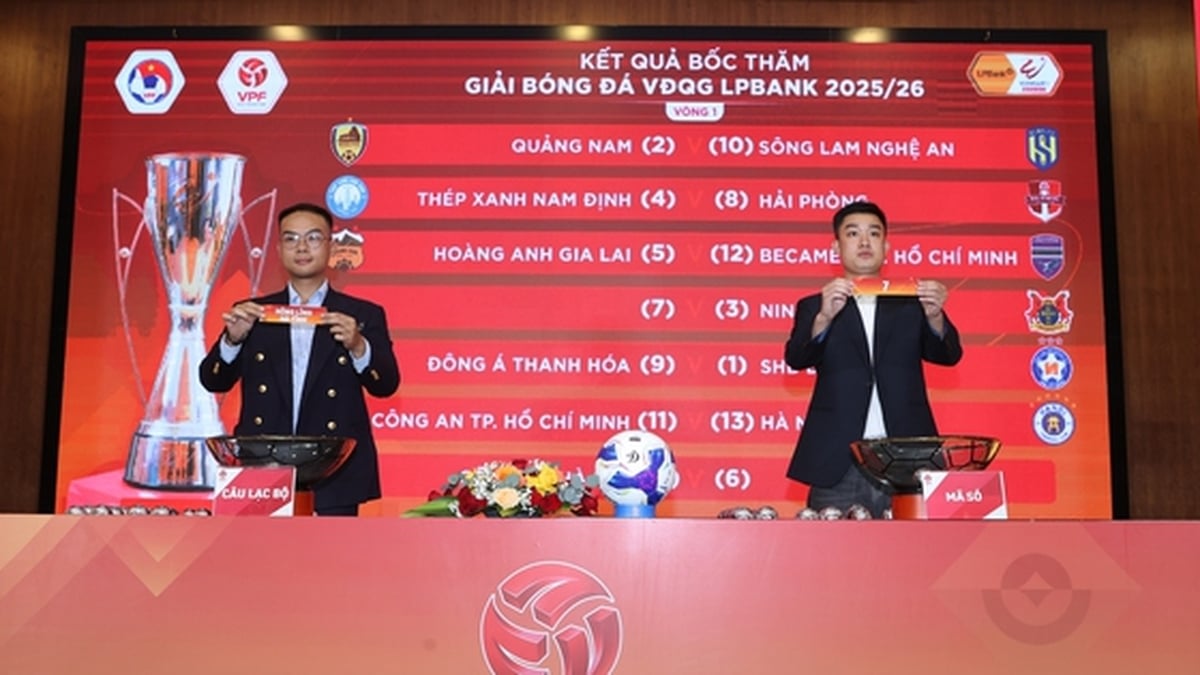




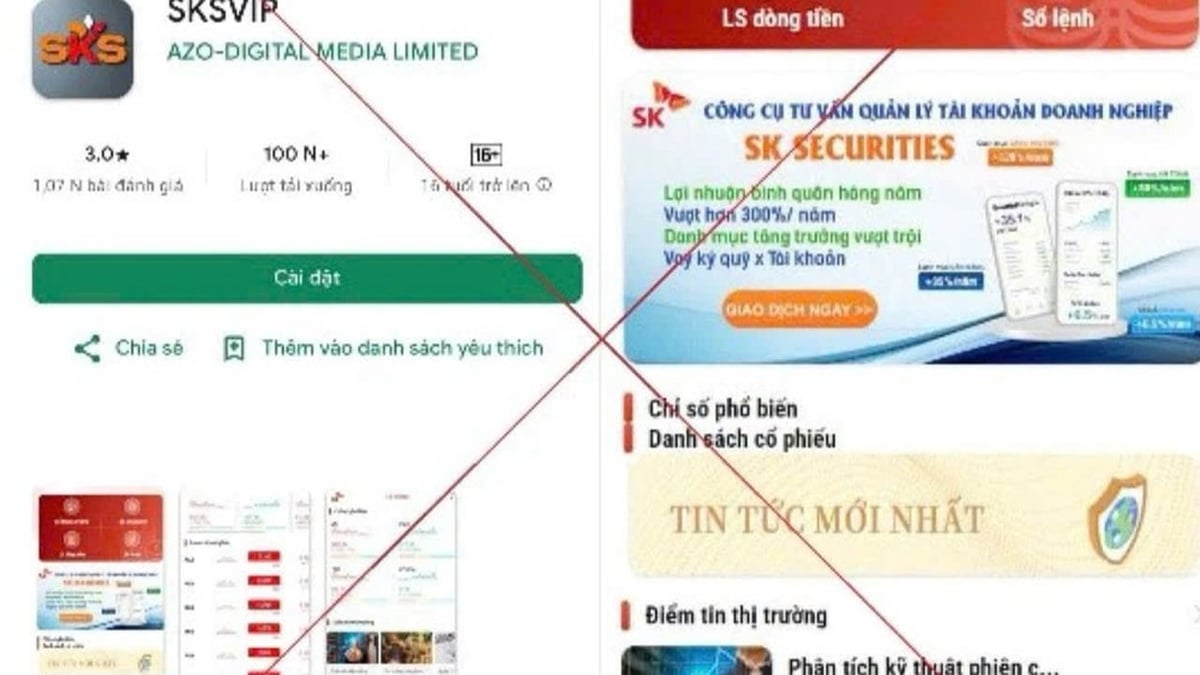
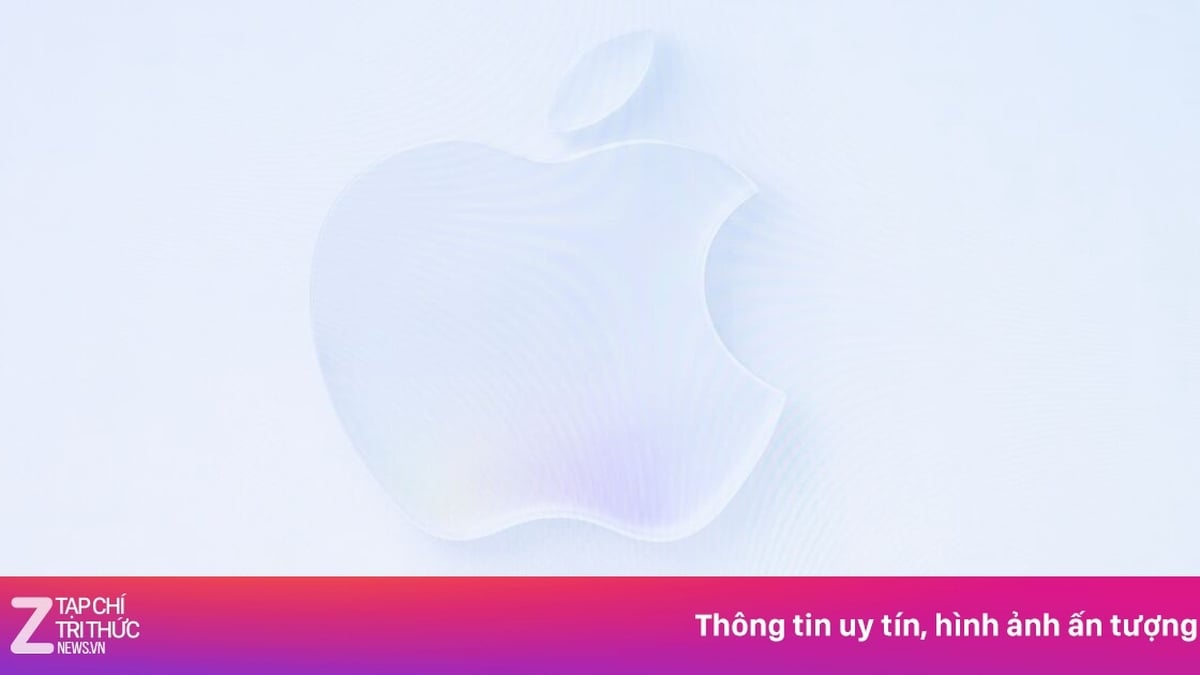










































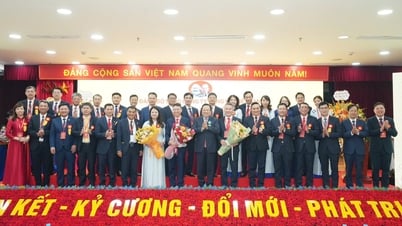









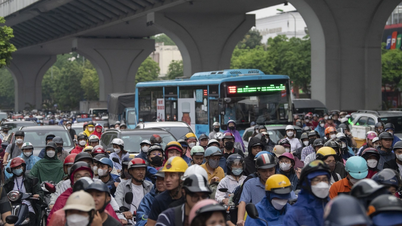


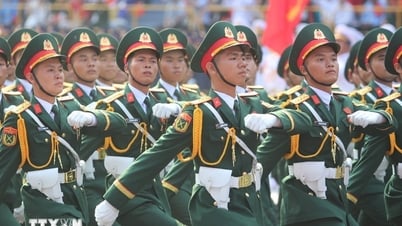




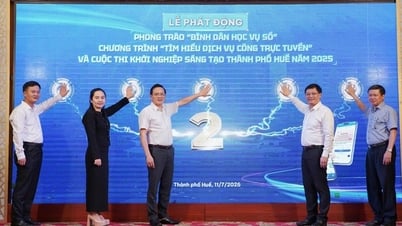

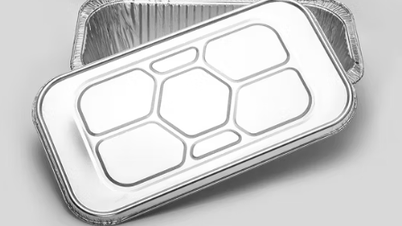


























Comment (0)